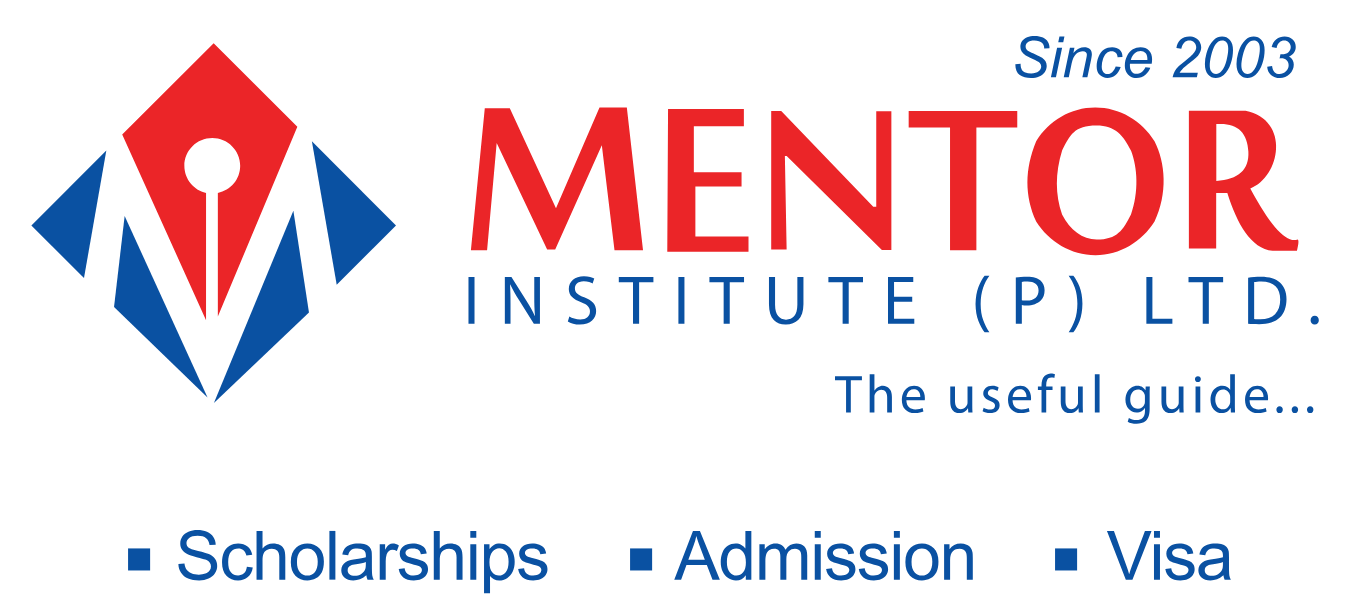“Dream. Apply. Fly.”
About Australia
Poplulation
Approx.2.7.2 million (2024)
Capital
Canberra
Area
7,617,930 km square
Language
English
Religion
Christianity
Currency
Australian $
Life Expectancy
79 Years
GDP per Capital
$53,862
Literacy Percent
99%
HDI
2
Other Important Cities
Sydney, Melbourne, Perth, Adelaide, Brisbane & Gold Coast
Australia has a free-market economy with high GDP per capita and a low rate of poverty. The Australian dollar (AUD) is the nation’s currency. After the 2006 merger of the Australian Stock Exchange and the Sydney Futures Exchange, the Australian Securities Exchange is now the 9th largest in the world.
Ranked 3rd in the Index of Economic Freedom (2010), Australia is the world’s 13th largest economy and has the 5th highest per capita income, higher than that of the United Kingdom, Germany, France, Canada, and Japan, and on par with that of the United States.
An emphasis on exporting commodities rather than manufactured goods has underpinned a significant increase in Australia’s terms of trade since the start of the century, due to rising commodity prices. Australia was one of the few OECD nations to avoid falling into a technical recession during the late 2000s global financial downturn.
The unemployment rate in Australia is 4.6%. The service sector of the economy, including tourism, education, and financial services, accounts for 69% of GDP. Although agriculture and natural resources account for only 3% and 5% of GDP respectively, they contribute substantially to export performance. Australia’s largest export markets are Japan, China, the US, South Korea, and New Zealand.
Economy
Climate
Worldwide Recognition
The degrees and qualifications from Australian higher education institutions are known around the world as high quality and world class. The standard of excellence is set by universities with recognizable groups like the G8, ATN & the IRU. When looking for work in the future, this can be a great selling point in your favour!
Academic Excellence
High Quality of Life
Vibrant Multicultural Nation
Why Study in Australia
How to Apply
Intakes
The main intakes offered by Universities are in June/July and January/February. Some colleges may also have intakes in March and November.
Employment
• A full-time International student can work part-time as per the given guidelines:
• A full-time degree student can work up to 40 hours fortnightly during term- time and full-time during vacations
• A full-time student can also work on a work placement as part of the course;
• A student can earn from $16 – $25 per hour i.e. $1,280 – $2,000 per month.
After the successful completion of a Bachelors or Masters a student can apply for a 2 year Post-Study Work Permit.
